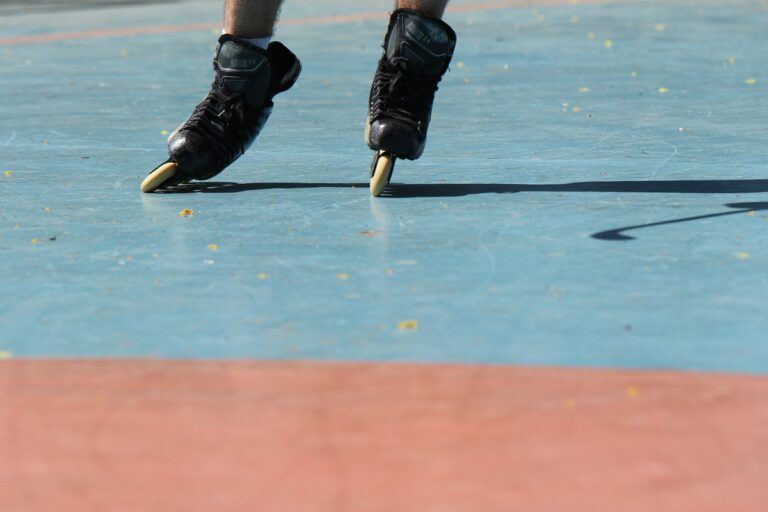Analyzing the effectiveness of cognitive therapy in post-surgery recovery for Cricket players.: Bet bhai 9, Playexch9 com login, Lotus365win
bet bhai 9, playexch9 com login, lotus365win: Analyzing the effectiveness of cognitive therapy in post-surgery recovery for Cricket players
Cricket is a sport that requires immense physical and mental strength. Players often undergo surgeries due to injuries sustained during games or practice sessions. The recovery process post-surgery is crucial for athletes to get back on the field and perform at their best. In recent years, cognitive therapy has gained popularity as a complementary approach to traditional physical therapy in aiding players’ recovery.
Cognitive therapy focuses on helping individuals identify and change negative thought patterns and behaviors that may be hindering their recovery process. By addressing psychological factors such as fear, anxiety, and self-doubt, cognitive therapy aims to improve overall well-being and accelerate the healing process.
But does cognitive therapy truly benefit cricket players recovering from surgery? Let’s delve deeper into the subject and analyze its effectiveness.
Defining cognitive therapy
Before we delve into the effectiveness of cognitive therapy in post-surgery recovery for cricket players, it’s essential to understand what cognitive therapy entails. In essence, cognitive therapy involves identifying and challenging negative thought patterns and replacing them with more positive and constructive beliefs. This process can help athletes cope with the stress and mental challenges of recovery, ultimately leading to a faster and more successful rehabilitation.
The impact of cognitive therapy on post-surgery recovery
Numerous studies have shown the benefits of cognitive therapy in aiding post-surgery recovery for athletes. By addressing psychological factors that may impede healing, cognitive therapy can help cricket players stay motivated, focused, and positive throughout their rehabilitation process. This can lead to faster recovery times, improved mental resilience, and a higher likelihood of returning to peak performance on the field.
Implementing cognitive therapy in post-surgery recovery for cricket players
For cricket players undergoing post-surgery recovery, incorporating cognitive therapy into their rehabilitation plan can be highly beneficial. By working with a qualified therapist, athletes can learn coping strategies, relaxation techniques, and positive self-talk to navigate the challenges of recovery successfully. This approach can not only improve physical healing but also boost mental well-being and overall performance.
FAQs
Q: Is cognitive therapy suitable for all types of injuries?
A: Cognitive therapy can benefit athletes recovering from a wide range of injuries, whether they are minor or more severe. It can help individuals cope with the stress and challenges of rehabilitation, regardless of the nature of their injury.
Q: How long does it take to see the results of cognitive therapy in post-surgery recovery?
A: The effectiveness of cognitive therapy can vary from person to person. Some athletes may notice improvements in their mental well-being and physical recovery within a few weeks of starting therapy, while others may take longer to see significant results.
Q: Can cognitive therapy prevent future injuries?
A: While cognitive therapy primarily focuses on aiding post-surgery recovery, it can also help athletes develop resilience, coping skills, and positive mindset practices that may reduce the risk of future injuries. By promoting overall well-being, cognitive therapy can contribute to long-term athletic success and injury prevention.
In conclusion, cognitive therapy can play a vital role in supporting cricket players during post-surgery recovery. By addressing psychological factors and promoting positive mental health practices, athletes can enhance their overall well-being and accelerate the healing process. As more athletes recognize the benefits of cognitive therapy, it is likely to become an integral part of post-surgery rehabilitation programs in the world of sports.







